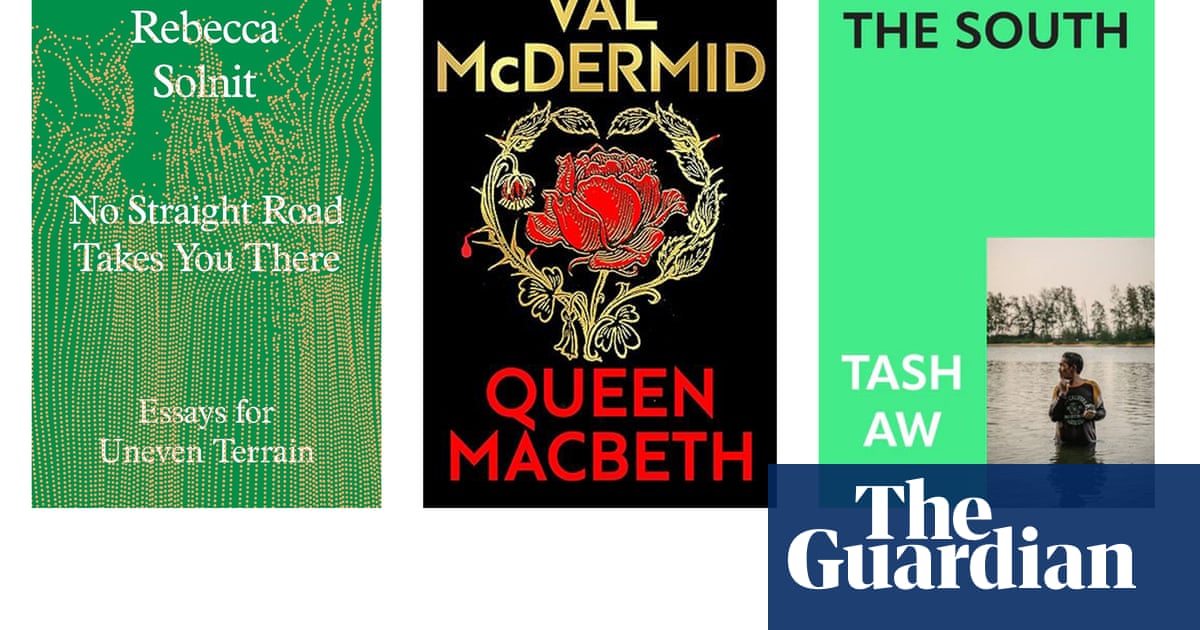This past semester I taughtThe Voyage Out– Virginia Woolf’s first novel, which is less read and talked about than her other books – to my undergraduates. One of the most interesting things about it is that Richard and Clarissa Dalloway appear as minor characters at the beginning. In each of my rereadings (and for my students who read the novel for the first time), when the Dalloways leave, it feels as though the air pressure of the novel drops for a moment. A reader feels a longing and a wistfulness watching them disappear – a feeling that Woolf must have shared too. The Dalloways must have haunted her and waited for her to become a more mature writer.
Two new books I have loved and enjoyed recently are Tash Aw’sThe Southand Madeleine Thien’sThe Book of Records. Tash and Madeleine and I were young writers around the same time when we first published. I have often pondered over the trajectory of a writer’s career, and with these books both Tash and Madeleine, in my view, have written their best work (to date), which requires years of writing, reading and thinking through things. I like that we have gone beyond the “voyage out” stage and come to a more mature stage of our careers.
Things in Nature Merely Growby Yiyun Li is published by4th Estate(£16.99). To support the Guardian, order your copy atguardianbookshop.com. Delivery charges may apply.
I’ve been readingThe StandbyStephen King, my second attempt to finish it – it felt like a terrifying prospect at 1,300 pages. But having read each of the preceding King books in order, as part of a quest that will probably never end given the author’s prolific output, I was determined to persevere with it. By the 400-page mark I had accepted its brilliance, and at the end I was left thinking what a staggering achievement it is, with an ending so perfect in its simplicity. What became apparent as the book wore on was that this is a story about humanity, the draw of others, the wish to be loved, and, most of all, how easily things can fall apart.
As Trump 2.0 rolls back rights and regulations, the forms and possibilities of “resistance” are on the minds of many. Rebecca Solnit is one of the great analysts and practitioners of resistance. Her bookHope in the Darkwas reissued as a free download the week after Trump’s first election, and on 8 May her latest,No Straight Road Takes You There, landed in bookshops. It’s an essay collection “for uneven terrain”: read it to feel inspired, and to sense firm ground underfoot as you push forwards. Joycelyn Longdon’sNatural Connectionis a brilliant first book that marches arm in arm with Solnit’s work; a narrative nonfiction that gathers and braids hopeful stories of environmental action from across the world, including Ghana, where Longdon carries out her fieldwork as a conservationist and environmental justice researcher. Last, I’ve recently finished Rob Cowen’s magnificentThe North Road. It’s a polyphonic story of the A1, AKA the eponymous Great North Road from London to Edinburgh; a telling of lives, deaths and paths. There are bravura chapters that slip the present entirely and reinhabit the Harrying of the North, for instance, or an 18th-century boxing match that took place near the road’s route, with exceptional, almost supernatural vividness.
Sign up toBookmarks
Discover new books and learn more about your favourite authors with our expert reviews, interviews and news stories. Literary delights delivered direct to you
after newsletter promotion
Is a River Alive?by Robert Macfarlane is publishedbyHamish Hamilton (£25). To support the Guardian, order your copy atguardianbookshop.com. Delivery charges may apply.
I was very impressed by Val McDermid’s fictional retelling of Scottish historyQueen Macbeth. It’s short and to the point, and I really loved the use of Scottish vernacular too. Previously I had only read McDermid’s crime novels but she is illuminating on women’s history. I also enjoyedThe Last WeekendbyBlake Morrison, which I had been meaning to read for a while … It’s deliciously nasty and clever and funny.
